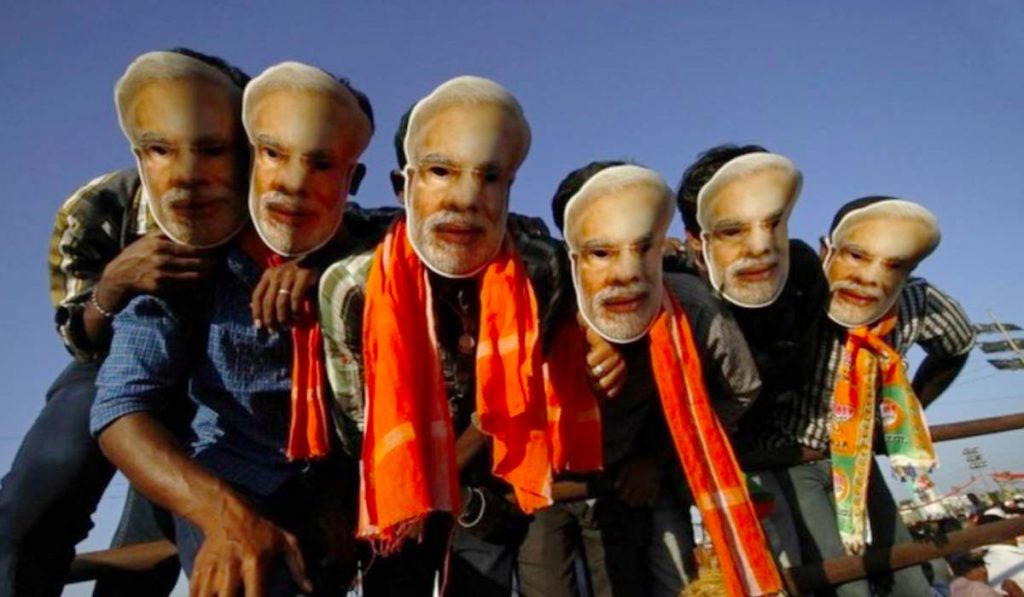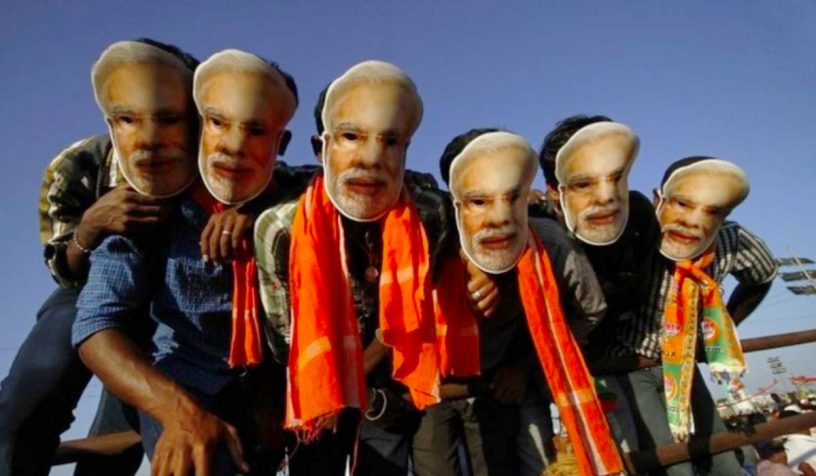
There are essential duties that citizens have, but they can only commit to these duties when their basic rights are reciprocally safeguarded and protected, says the author.
Author
Deepanshu Mohan, Associate Professor and Director at the Centre for New Economics Studies, Jindal School of Liberal Arts and Humanities, O.P. Jindal Global University, Sonipat, Haryana, India.
Summary
Prime Minister Narendra Modi in a recent speech remarked:
“Friends …. We (also) have to admit that in the 75 years after Independence, a malaise has afflicted our society, our nation and all of us. It is that we turned away from our duties and did not give them primacy. In the last 75 years, we only kept talking about rights, fighting for rights and wasting our time. The issue of rights may be right to some extent in certain circumstances, but neglecting one’s duties completely has played a huge role in keeping India vulnerable.”
The Prime Minister’s observation on “talking about rights, fighting for rights and wasting our time” made me revisit an essay written by acclaimed philosopher and jurist Thomas Michael Scanlon, titled, Rights and Interests. In the essay, Scanlon offers a balanced understanding of the ‘misconceptions associated around the normative and substantive value of rights’ or claims for rights in correspondence to their correlative relationship with ‘duties’.
In the context of this conflation of rights and duties – a subject much debated and critiqued in moral philosophy too – it is important to make note of Scanlon’s advice, centred on a need to better understand and study the role of ‘interests’ safeguarding both rights and duties and therefore ascertain the ‘interests’ of those who critique either’s (rights’ or duties’) normative significance.
Published in: The Wire
To read the full article, please click here.


